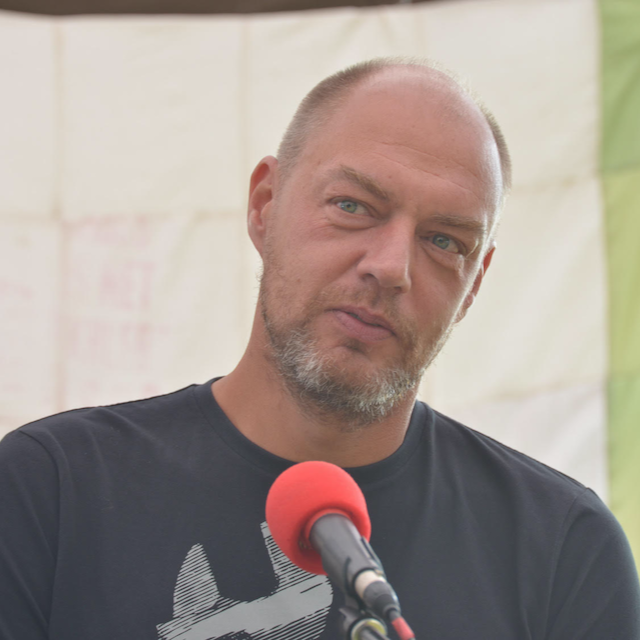Keynotes
The conference time zone is EET (Eastern Europe Time zone)
Linnar Viik: Vision Matters, Action Counts
Tuesday, October 27, 2020
10:30-11:30

Converting a vision of digital transformation into small actionable steps: what are the essential steps and how to move ahead? When building up information societies to create a better future for the citizens, countries usually focus on three aspects: connectivity, skills and services. People in most countries enjoy access to mobile internet and smart phones, they have taught themselves how to use these intuitive devices and have plenty of entertaining and socially engaging services available. At the same time, online public services are not that commonly available and utilized. It is recognised today that building entrepreneurial skills, engineering skills, and a deep understanding of how digital technologies work and how to develop innovations is something that takes much more time and effort than developing mobile internet coverage. Similarly, deployment of local services that integrate local business, governmental and societal needs takes more time than anticipated. This is not a situation that many countries have envisaged, or have they? To overcome the complexity of digital transformation, the visions on how to enable and provide data rich services that transform public administration, economy and society, need to be translated into (smaller) programmes and most important - actions that create and deliver impact. How to achieve this?
BiographyLinnar Viik is an Estonian information technology scientist, entrepreneur and IT visionary. Currently he is a visiting lecturer at University of Tartu, Estonian Academy of Arts and Tallinn University, founder and Programme Director at Estonian e-Governance Academy, Co-Founder and Member of the Supervisory Board of Pocpay, Partner and Member of the Board of Mobi Solutions, Member of the Board of Directors of Fortumo. He is also Chairman of the Supervisory Board of EIT Digital, Member of the Supervisory Board of SEI Tallinn, Member of the Advisory Board of Lisbon Council. Linnar has been member of the Board and lecturing at Estonian IT College since 2000 where he was appointed Acting Rector in 2010. Linnar Viik was founding Member of the European Institute of Innovation and Technology Governing Board, member of Advisory Board of Nordic Investment Bank, member of the Research and Development Council of Estonia, Chairman of the Board of the Open Estonia Foundation. He is a founder and member of the boards of several mobile communications, broadband and software companies, former advisor to the Prime Minister of Estonia on ICT, innovation, R&D and civic society issues. Earlier occupations include United Nations Development Programme as advisor and Stockholm Environment Institute as Councillor. Linnar Viik has written over 120 articles and 10 reports, mostly on the topics of Knowledge Based Economy and Implications of Information Society, as well as being instrumental in the rapid development of Estonian computer and network infrastructure, as well as the Estonian Internet Voting and eSignature projects.

